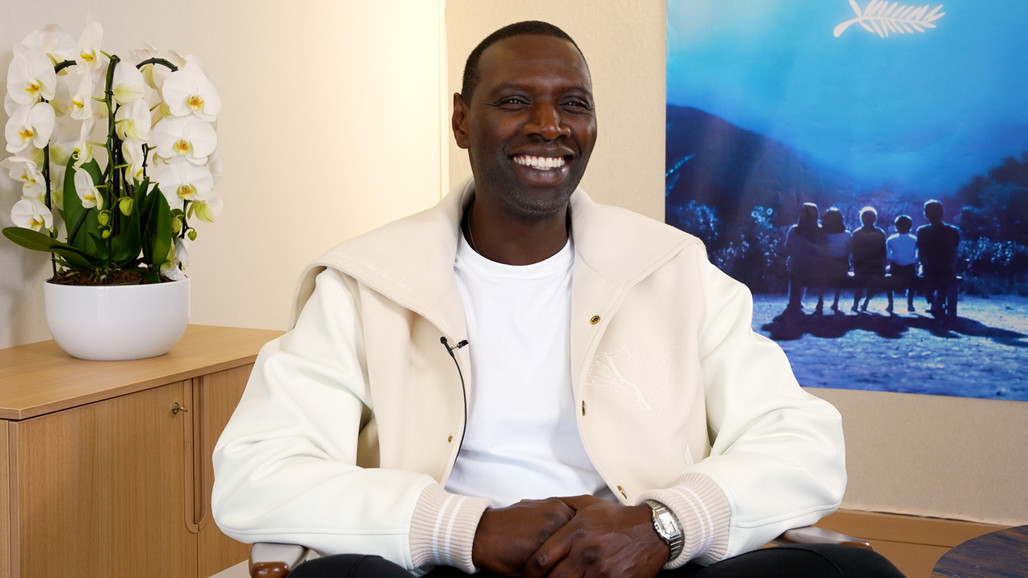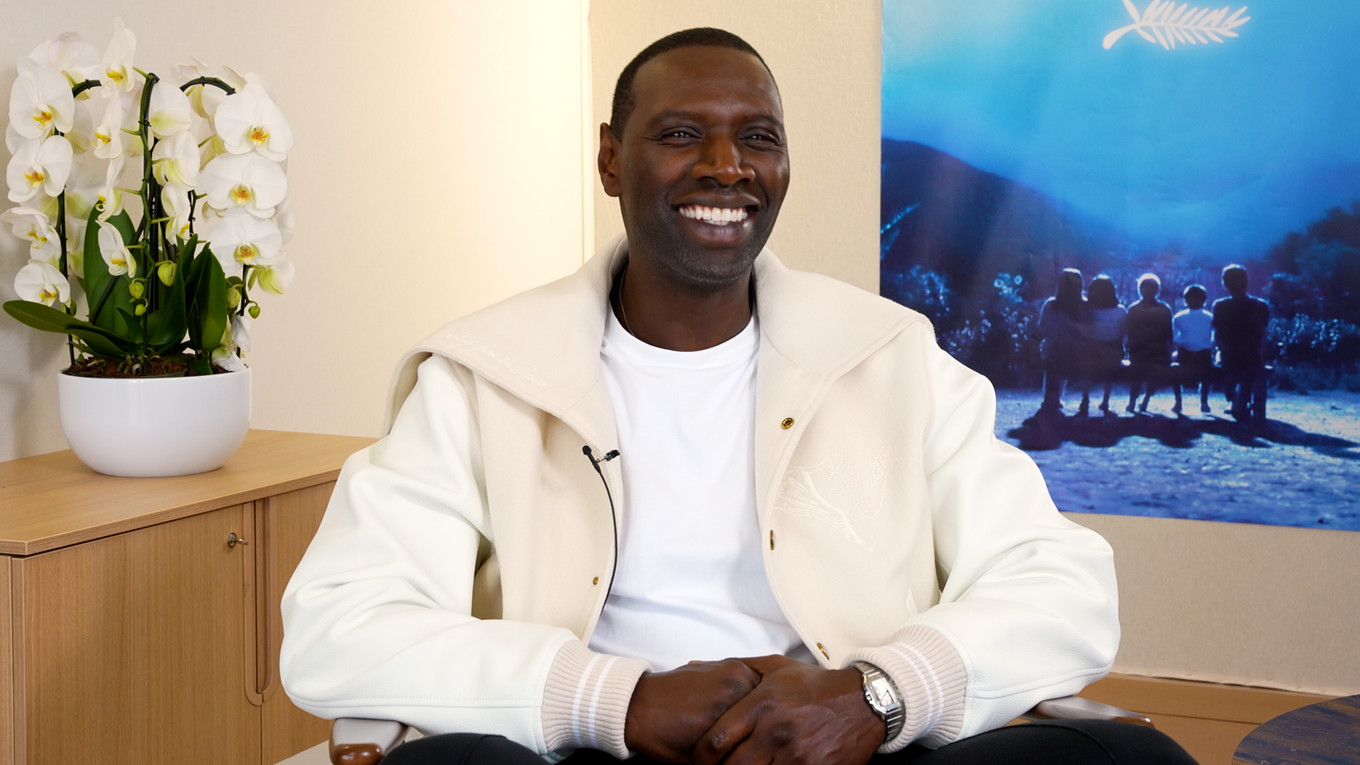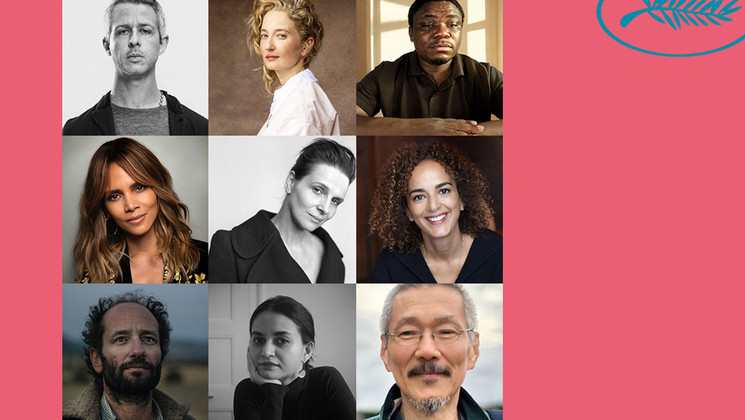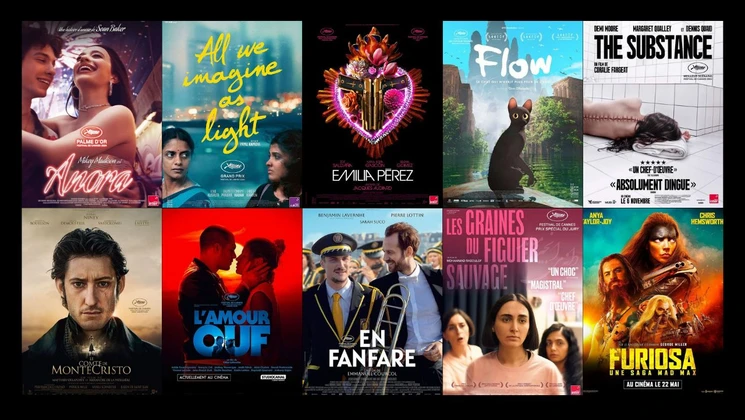
An encounter with Omar Sy, a member of the Feature Film Jury

Omar Sy became a favourite of French audiences by means of the small screen in the middle of the 2000s, with some occasional appearances on the big screen. Film after film, his characters took on greater depth, culminating in his César Award for Best Actor in 2012 for Nakache and Toledano’s Intouchables. Since then, his career has gone international, featuring in the biggest American franchises (X Men, Jurassic Park) and, soon, in the Chinese director John Woo’s The Killer.
You came to Cannes in 2022 to support Tirailleurs (Father and Soldier) by Mathieu Vadepied at Un Certain Regard, a film that is particularly close to your heart. Did you find that the Festival provided a particular kind of sounding board?
It’s the largest platform possible. To be able to talk about this Franco-Senegalese story that is not well known in the rest of the world provided two-fold exposure. Internationally, on the one hand, and in terms of cinema, on the other. This is a story that was close to our hearts as it talks of history.
What kind of school was TV for you as an actor?
It was the ultimate kind of school. TV was a laboratory where we tried a bunch of things, we had the right to make mistakes, to fail, to try again. I’m continuing, even as an actor, to try to do this kind of research. That’s where I find what makes me happy.
When did you decide to commit yourself fully to cinema?
When I realised that I could have a career as an actor was in 2012 at the Théâtre du Châtelet when I received the César Award for Intouchables. Before that, my career was in TV as part of a duo with Fred Testot. And when I had the opportunity to make a movie, it was simply another experience, there wasn’t anything else behind the decision. And from there, I allowed myself to look into the future, to take on opportunities differently. But the method hasn’t changed: I favour the experience and research.
A cinema has been named after you in your hometown of Trappes. What does that mean to you?
It’s important. I’d had recognition from around the world but never from where I came from. Without denigrating any of the others, this one had more value. At bottom, what I was looking for from the beginning was maybe to be cared for where I didn’t realise I was wounded. This lack of recognition, at this place that I had concealed, led me to think that Trappes was something that was behind me, whereas over there they were continuing to follow my journey, to pay tribute to it and, above all, to recognise it.
In dividing your time between France, the United States and Senegal, what is your vision of films from these different parts of the world?
The fact of living in these places provides me with a view of the world that is particular, my vision of it has changed, it has evolved. I feel that I also bring that to cinema, that I come with a three-fold vision each time.
Last year you created your own production studio, Carrousel Studios, what types of creation do you want to support?
We’re looking for energy, for stories, a desire, an emotion. The choice of projects comes from the gut, its instinctive. What we’re looking for is the freedom to do what we want, how we want. Flexibility is the key to carry out a project and bring it to its potential. If a director has a need like that, we’re not going to stymy him the way a studio might. We want to offer the perfect framework, to be the producers we would have liked to have.
Have you considered directing?
In fact, I feel like a thwarted director and a thwarted novelist. That’s why I’m a producer.
What has your experience in cinema taught you about yourself?
I took up this career thinking I was fleeing my situation, my own reality. We think that we can hide in characters who distance us from ourselves, but we realise with experience that the longer we’re on this journey, the closer we get to ourselves. So for my part, I’ve learned a lot about myself, about my impatience especially, which I’ve worked on, and about my need for freedom, too, which I’m now comfortable with.
Do you approach cinema as a political act?
That’s for others to say. I feel like as soon as I touch on certain subjects or speak out on others, I’m pigeon-holed into a political dimension that is connected to who I am, where I come from and the values that are attributed to me. I don’t have a problem with that but that’s not my way of approaching things.
What challenges are you looking forward to in your career after having explored every genre as an actor?
The big challenge is to continue. Continue creating, being free. That’s my single challenge, the most important and the most difficult.



